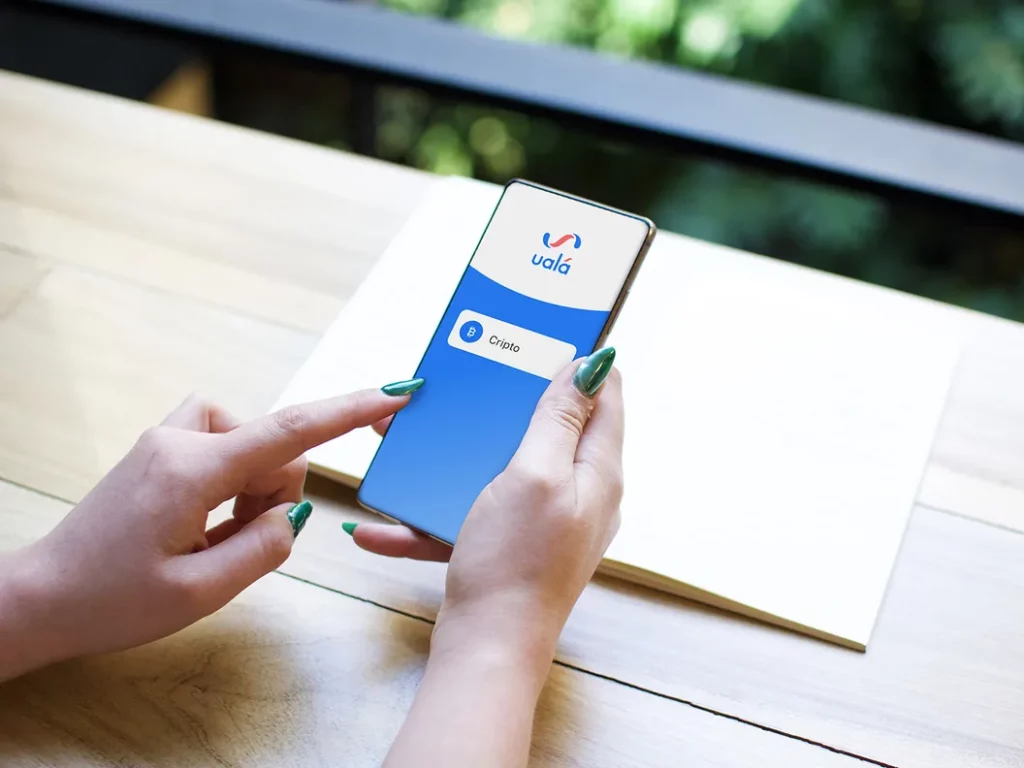A New York Times article from August 2022 states that even though cryptocurrencies have lost value, many Argentines see them as a less risky choice than their own currency. Argentinian pesos have plunged as inflation has soared. According to the Cryptocurrency Adoption 2022 index presented by Chainalysis, Argentina places 13th in the world ranking of crypto usage, preceded only by Brazil (7th) in Latin America.
With this information, it comes as no surprise that the Argentine fintech Ualá, which has over 4.5 million users in Argentina, has added a Crypto feature to its mobile app. Through this feature, users can buy and sell in Argentine pesos versus BTC (the first and most popular crypto asset), and ETH (from the Ethereum blockchain platform), with a minimum investment of 250 pesos.
Pierpaolo Barberi, founder and CEO of Ualá, was critical of the cryptocurrency world not long ago. “I was wrong. It’s part of intellectual honesty and innovating and evolving opinions,” said Barberi, who equally clarified that his change of mind is also due to improvements in technology and transparency of some protocols.
“Our users have been asking us for quite some time to have the option of investing in crypto in Argentine pesos through the Ualá app. This is why we’re so excited to be strengthening our product ecosystem, centered on responding to our users’ requests. We firmly believe in the growth of the crypto industry and will continue working to promote financial education and foster access to different investment alternatives in a simple and digital way.”
Said Andrés Rodríguez Ledermann, Director of Wealth Management at Ualá.
The fintech also operates in Mexico and Colombia, where they expect to launch in the coming months. Additionally, they assured the incorporation of more tokens to the platform in the near future.
Just one month ago and on its fifth anniversary, Ualá announced a $150M investment for the next 18 months, focused on continuing to expand access to financial services in Latin America.
